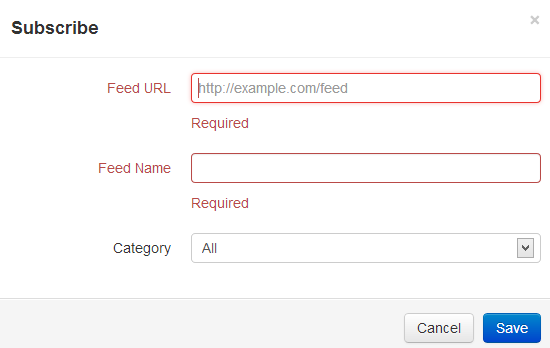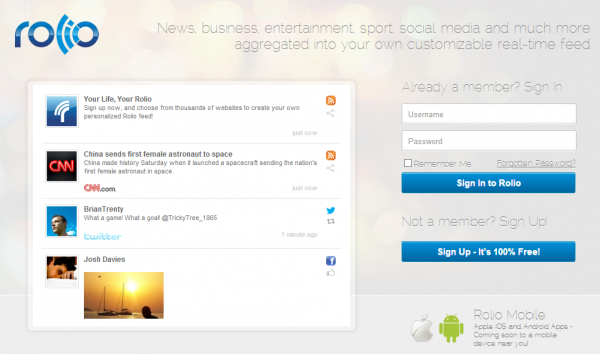Google Reader reaches death's door: Here are five options you may not know
 The date we dreaded has rolled around -- Google Reader is scheduled to be executed at day's end. Loyal followers must make hard decisions regarding where they wish to take their business. And, in the wake of the original Google announcement, that has become increasingly difficult.
The date we dreaded has rolled around -- Google Reader is scheduled to be executed at day's end. Loyal followers must make hard decisions regarding where they wish to take their business. And, in the wake of the original Google announcement, that has become increasingly difficult.
There are big names in this game, with Feedly already an established player and both AOL and Digg entering the market afterwards. I am a Feedly user since the death warrant was served, but I am less than thrilled with the experience and feel forced to begin a search for a less obtrusive alternative.
FeedSpot
While only just released to public beta, I have tested FeedSpot in private for some time and it is, perhaps, my favorite landing space -- I say perhaps because my mind is not yet made up on where I shall eventually call home.
This application has a Google Reader-like look to it, but is much more innovative, especially when it comes to social aspects. It has a distinct Facebook feel to it, with the ability to follow other users and a notification area at the top of the screen that displays activity of those you are following.
The service is available in both free and paid versions, with the latter going for $1.99 per month with an annual plan or $2.99 alongside a month-to-month scheme.
CommaFeed
CommaFeed is another RSS app, which reminds me of Google Reader, that has many solid options. The program is open source and offers extra, and more modern, features than Google's service did -- perhaps because Reader innovation ended long ago.

The only real drawback I found here was that the app suffers from quick growth, thanks to becoming the darling of Reddit several weeks ago. With luck, donations have poured in as a result of this sudden popularity and bandwidth and server space will soon be worked out in an effort to improve performance.
Rolio
Rolio is an option I have only started testing. Unlike the previous two alternatives, this one is distinctly un-Reader-like. The more modern interface is not my cup of tea, but may appeal to some. The lack of a feed list and the 'extended' length of time which my import took was an instant turn off.

MultiPLX
MultiPLX is an alternative I covered here in the past, so there is little to say. In fact, to quote myself, "MultiPLX makes a decent alternative for disenfranchised Reader customers, but the web app still has a ways to go. Having an export option is certainly a plus -- hint to Feedly. The option to use a Reader-style view is also nice. However, the left column has a bit of jumbled look, thanks to feeds with longer names being wrapped around, making it more difficult to find something at a glance".
InoReader
Similar to the aforementioned options, InoReader forgoes the modern UI for a simpler Reader-like look. The interface is pleasing, with little to get in your way. There is also a mobile version that will sync feeds to your phone once you are up and running. The service is fast and efficient from my early testing, which resulted only in a bit of lag during searches.
Where Will You Go?
The end is here. Where will you be heading? Feedly and The Old Reader are popular destinations, but, as you can see, there are many choices, and we have only just skimmed the top of the iceberg -- barely putting a scratch on the hull of our Titanic that is Google Reader. Let us know in the comments below.
